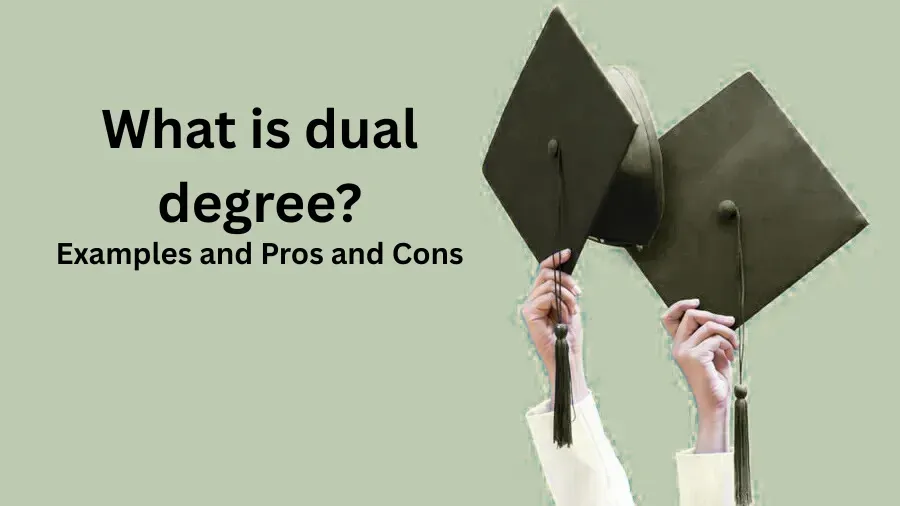Posted 1 month ago

A dual degree (also called a double degree) allows a student to study for two academic degrees at the same time. These degrees can be from the same university or different ones, and they may or may not be in the same subject area. For example, one could earn a Bachelor of Arts and a Bachelor of Science together. This arrangement often saves time, since you finish both programs faster than if you did them one after the other.
Undergraduate and Postgraduate Dual Degrees in India
In India, both undergraduate and postgraduate students can pursue dual-degree programs under UGC regulations. Specifically:
2. One full-time degree plus one online or distance-learning degree at the same time
3. Two online/ODL degrees at once.
At the undergraduate level, this might mean taking two bachelor’s programs concurrently (for example, BA and BSc) so long as the classes are at different times. Postgraduate students can similarly enroll in two master’s programs at once. Some colleges even offer integrated programs (5-year courses) that combine an undergraduate and a graduate degree into one course. For example, many IITs have 5-year programs to award a B.Tech and M.Tech together.
Many Indian colleges and universities now offer dual-degree options. Top institutes like the Indian Institutes of Technology (IITs) provide 5-year integrated courses (e.g. B.Tech + M.Tech). Similarly, the National Institutes of Technology (NITs) have integrated programs. Other examples include BITS Pilani and various state or private universities. For example, Delhi Technical University (DTU), Jawaharlal Nehru University (JNU) Delhi, VIT Vellore, Lovely Professional University (LPU Jalandhar), and Christ University (Bangalore) all offer dual-degree courses.
These terms can be confusing. A dual degree means two separate degree programs in two fields (two diplomas) at the same time. A double major means one degree with two areas of specialization – you get one diploma but study two subjects. An integrated program usually refers to a planned 5-year course that awards both a bachelor’s and a master’s degree (for example, a combined B.Tech + M.Tech program.
Pursuing a dual degree can have advantages:
However, there are drawbacks:
A dual degree program offers a unique way to earn two separate qualifications in one extended course of study. In India, the UGC now permits students to pursue two degrees simultaneously under certain rules. If you are organized and motivated, a dual degree can save time and broaden your knowledge. But keep in mind the heavier workload and plan accordingly. Students and parents should compare programs carefully to ensure a dual degree fits their goals.

We have a team of over 12 experienced mentors with over 26+ years of collective experience available to guide you at a moment's notice.